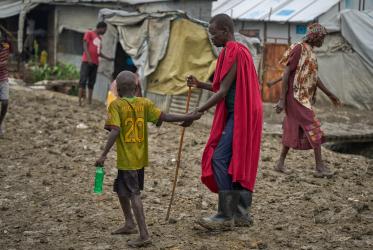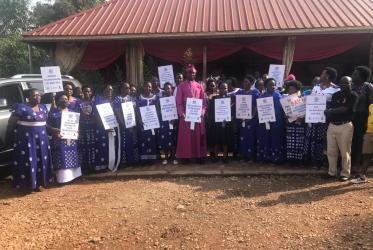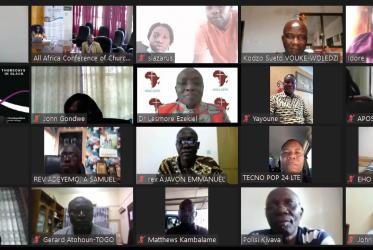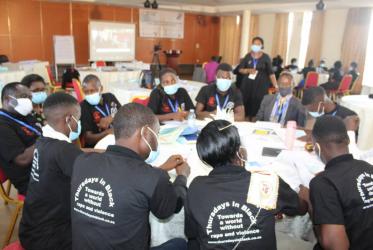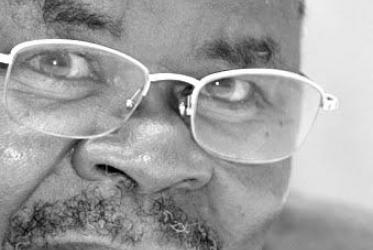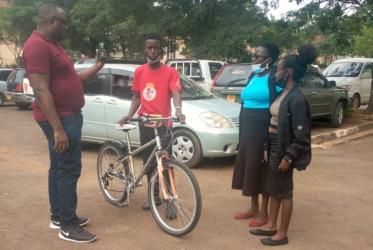Displaying 1 - 20 of 102
WCC condemns Uganda school attack
19 June 2023
WCC condemns bombings in Uganda, calls for justice
18 November 2021
Workshop on HIV stigma, treatment adherence opens in Tanzania
29 September 2021
In Uganda, resilience and hope overshadow stigma
31 July 2020
Youth leaders: “We will stop at nothing” to end HIV and violence
17 October 2019
